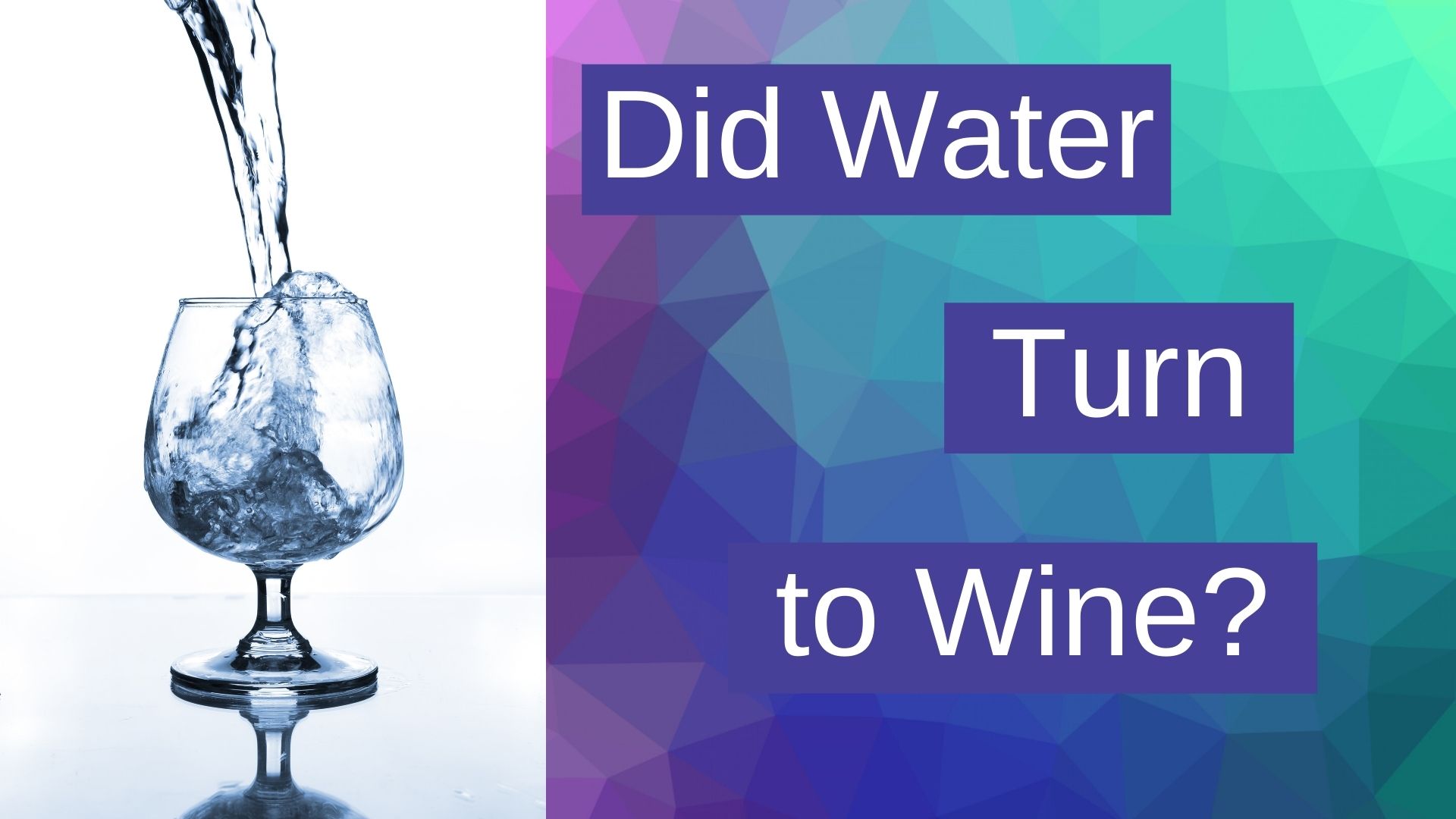Was the Wine Alcoholic?
HermVent: on Alcoholic Wine
“Jesus did not make alcoholic wine.” “The wine that Jesus made was non-intoxicating.” “Bible wine is alcoholic if the context is negative, and non-alcoholic in passages that speak of the faithful consuming beverage wine.”
Fundamentally, when Scripture conflicts with our tradition it creates discomfort. Many things in the Bible do not jive well with conservative modern evangelical culture. That Jesus turned water into wine does not fit well with conservative Baptist practice and ideology. It is common for a Baptist Church Covenant to contain the phrase, “We covenant to abstain from the sale and use of beverage alcohol…” I have served as pastor of churches that held this position. It is fine to hold such a position as a matter of conscience. It is NOT fine to present the same as “Thus SAITH the LORD GOD!”
Personally, I do not consume beverage alcohol. For me it is a matter of conscience and Christian liberty. I must admit that I am less than comfortable declaring that Jesus turned the water into wine. I would prefer that He had turned the water into grape juice. This is one of several instances where I once practiced “hermeneutical ventriloquism.” I did not like what the text said, so I “worked” the text till I could get it to say something that I deemed less offensive.
There is one issue and one issue only in this matter and all other matters for that matter. And YES, it matters as it is a matter of being faithful to the Word of God above the traditions of men. If you need to reread that to clarify what really matters, I’ll wait. OK.
The ONLY thing that matters is “what saith the Scripture” (Rom 4:3). Nothing else matters. To be sure, Scripture must be understood in light of what it meant to the original audience. Sometimes cultural background is essential to the right understanding of a passage. But the interpretation of Scripture cannot and MUST not be filtered through modern culture and tradition. Certainly, the application of a passage must be sensitive to modern culture. But Scripture must first be rightly interpreted before it can be properly applied and the application must be in harmony with the primary interpretation of a passage. That is sound hermeneutics.
John chapter 2 records the first public miracle of our Lord. Jesus attends a wedding with His disciples. His mother is also present. The wedding party runs out of wine and Mary, sends the host to Jesus for His help. Jesus turns water into wine thus saving the host from great embarrassment. Many preachers today, contend that this wine was non-alcoholic with a bold declaration that “the Jesus I love and serve would never make or condone beverage alcohol!”
So, what saith the Scripture? The text clearly states that Jesus turned the water into wine; they argue, “Yes, but it was non-alcoholic wine!” Can such a declaration be harmonized with the passage. I would argue, NO – on the basis of not just the normal use of the word oinos/wine (οινος), but also on the meaning of the word methuō/drunk (μεθυω) in John 2:10. The wine that Jesus made was the quality of wine that is usually set out first, and then after people have “well drunk/had too much to drink” (AV/NIV) a lower quality of wine is provided.
These same two key words are used in another passage in the New Testament. Eph 5:18 reads “And be not drunk with wine wherein is excess/debauchery, but be filled with the Spirit” (AV/ESV). If the “wine” of Eph 5:18 is alcoholic and capable of causing drunkenness, as the context clearly demonstrates, there is no consistent hermeneutic than can result in any other meaning in John 2:10. The oinos of Eph 5:18 is capable of producing drunkenness (methuō). The oinos and the methuō of John 2:10 CAN NOT be consistently interpreted in any different manner.
Jesus turned the water into beverage alcohol, capable of producing drunkenness. I may not be comfortable with the text, but I do not have the right to put my words in God’s mouth to present a message that is more palatable to modern conservative evangelicals.
From a personal and from a social perspective, there is little doubt that the abuse of beverage alcohol has caused a great deal of damage to individuals and families. The Word of God contains many warnings about the dangers of alcohol and its effects. Kings are admonished to avoid wine and strong drink lest it distort and pervert their judgement. I believe a person who chooses to practice total abstinence is avoiding a potentially serious pitfall. I would generally agree with many who argue for total abstinence in view of the danger. I would vehemently disagree with any misrepresentation of what God has indeed said; even for the admirable goal of preventing sorrow and heartache to those who may be harmed by the abuse of beverage alcohol. The preachers task is to faithfully present what God has actually said. He does not have the right to alter, or even shade the words of the text in a manner that meets or satisfies his own preference or agenda.
Hermeneutical ventriloquism is an affront to the Word of God and to the God of the Word.
